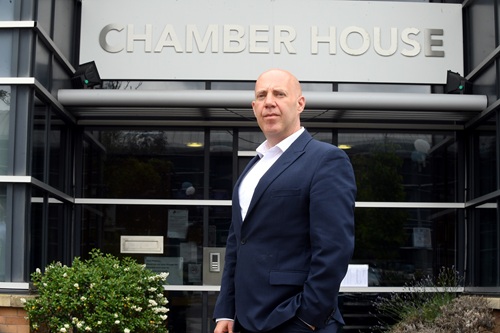One of the reasons behind the sluggish growth was the fall-out of the cyber-attack on JLR, contributing to a fall in GDP the month of September by 0.1 per cent.
Corin said: “The Chancellor has got a real balancing act to perform at the end of this month but what the latest data on GDP and the labour market shows is that businesses need to be given some confidence.
“That means we can’t have another round of taxes on business or an increase in costs via the backdoor.
“But, beyond that, there has to be more positivity around getting the economy growing more quickly through exporting and boosting skills, as well as getting some momentum into major infrastructure projects.
“In this region, we understand the impact t the JLR cyber-attack had on the wider economy and it is clear that this has been felt nationally too.
“However, the economic figures for the quarter would still have been flat – and that’s why this Budget is so important.”
Stuart Morrison, research manager at the British Chambers of Commerce, said: “With a backdrop of weak business and investment confidence, sluggish Q3 growth of just 0.1 per cent is unsurprising.
“But the data suggests the cyber-attack on JLR hit manufacturing badly and made a mediocre performance worse. The overall 0.5 per cent contraction in production counteracted growth of 0.2 per cent in services and 0.1 per cent in construction.
“The lack of strong, consistent growth means this month’s Budget is a make-or-break moment for business – it must deliver for firms across the UK. Our latest survey of over 4,600 businesses shows a quarter have scaled back their investment plans, and a fifth are expecting their turnover to worsen over the next year.
“That’s why we are clear, there must be no more taxes on business in November’s Budget. The Chancellor must also use her statement to tackle the skills crisis, help firms export and turbocharge infrastructure projects.
“She faces difficult choices, but hitting businesses in the pocket again would be the wrong move. Recent speculation about a new cap on pension salary sacrifice schemes is worrying, as it would pile more costs on employers and limit investment.
“The economy will continue to struggle unless business costs are cut and firms are given the right tools to invest, recruit and trade.”


























